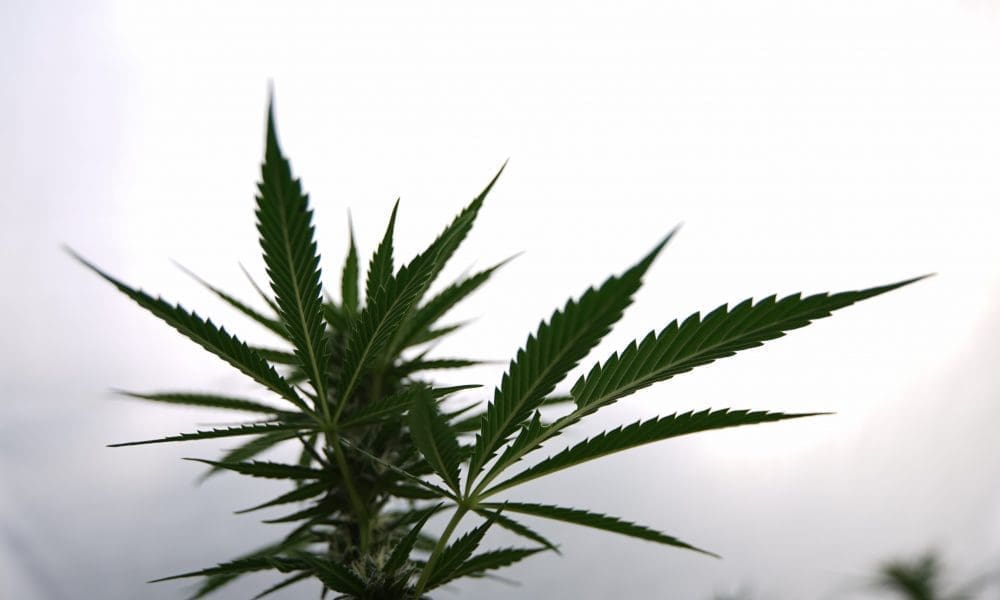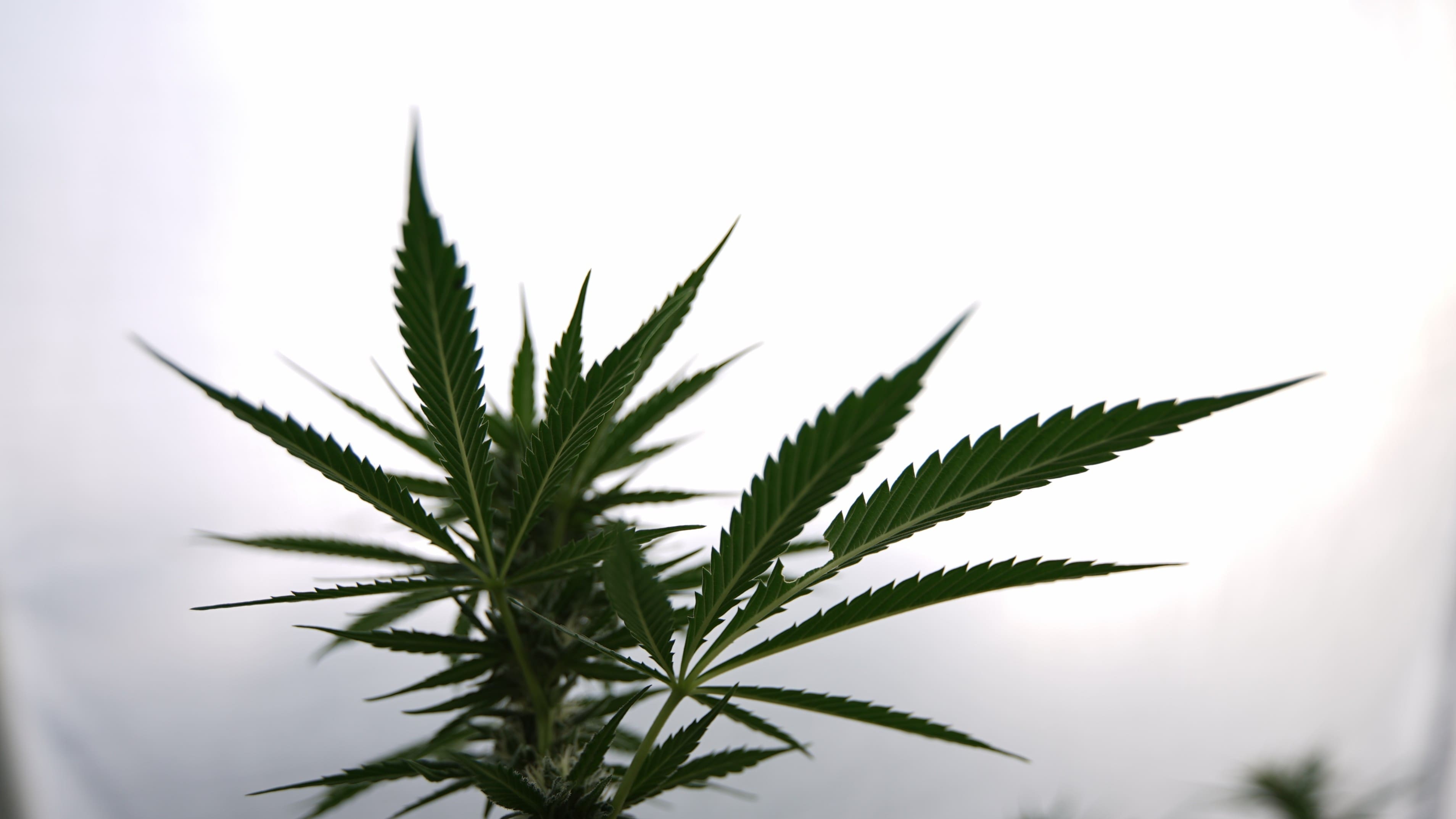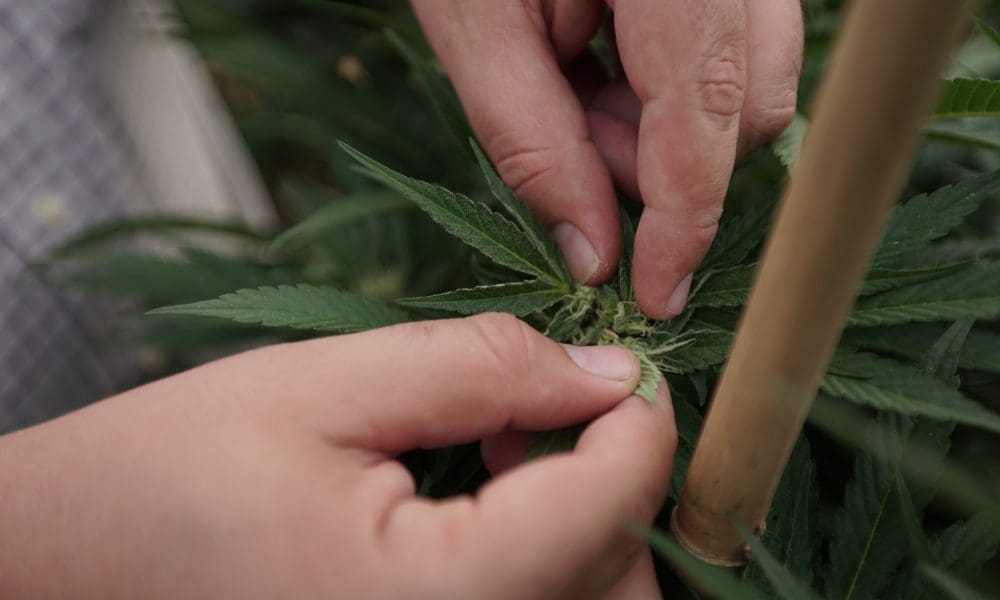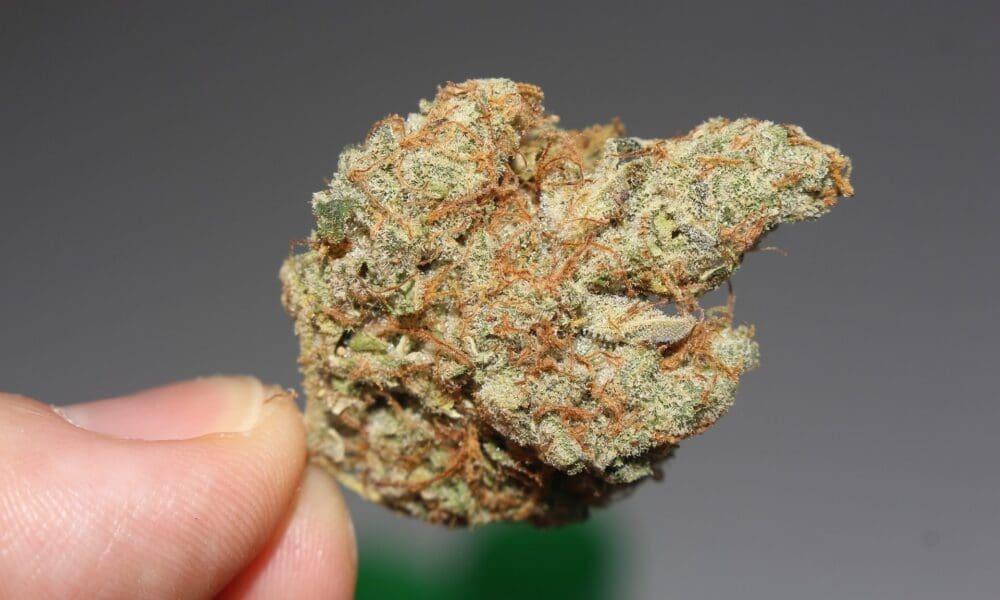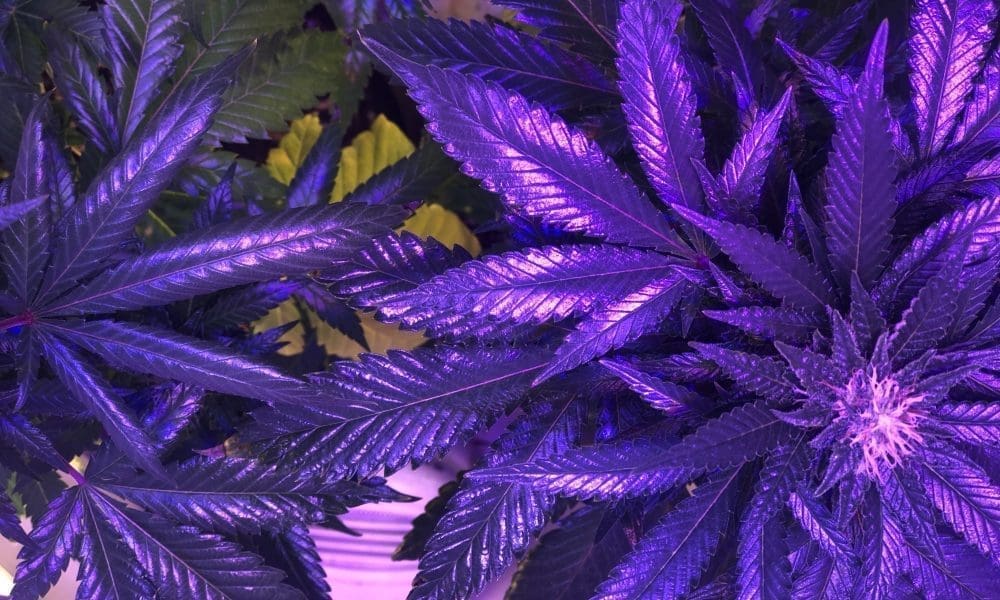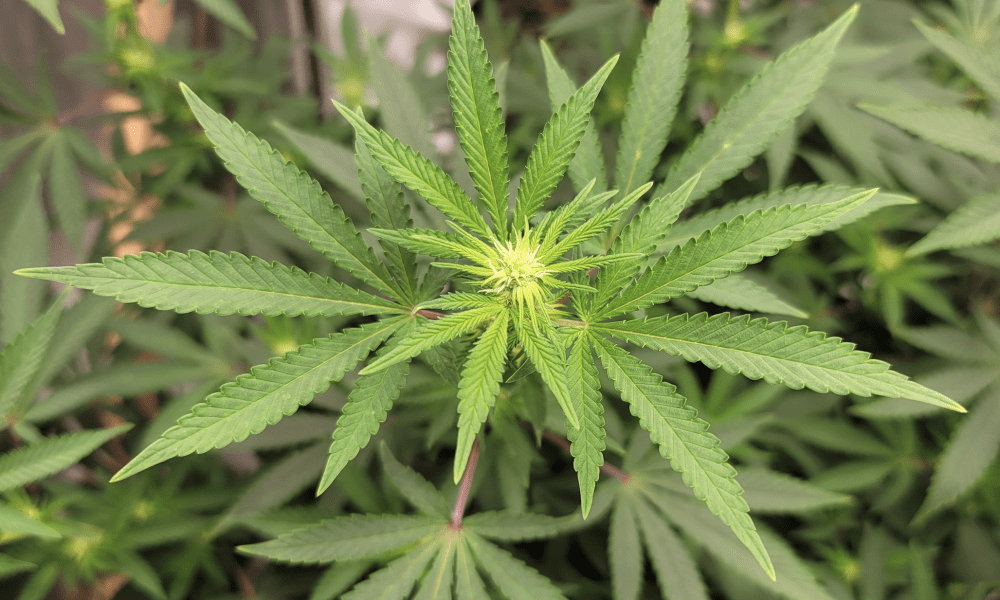Captain Red Eye
Active member
Thank you for posting this. It's very sad and very telling of the mindset of the heavily indoctrinatedThat news story happened a while ago and I have seen it in other articles. The family failed to comply with a simple order because she didn't want the children to be mistreated. So she failed to comply and thats part of why they were taken into custody, however this situation was all due to cannabis possession.
anti-freedom authority worshipping State employees. In any kind of a sane world, people would recognize this for it is, kidnapping.
Nothing those braindead assholes do surprises me though, ultimately any continued disobedience, even the smallest one, to the State, is punishable by death. "Failing to comply" with an order to hand your kids over is an act of bravery. What a horrible situation for the parents and kids.
It's not fair to those who can't do what they want.
Even all of these have stupid limits.
States that currently allow people to grow their own marijuana plants include: Alaska, Arizona, California, Colorado, Connecticut, Maine, Maryland, Massachusetts, Michigan, Minnesota, Missouri, Montana, Nevada, New Mexico, New York, Ohio, Oregon, Rhode Island, Vermont, Virginia and the District of Columbia.
You are absolutely correct, no aspect of prohibition has ever been fair.
I allow myself to grow marijuana and I am the only authority over me as long as I am not harming another person or their justly acquired property.
This reminds me of a few years back when a Governor was patting himself on the back for "pardoning former weed "criminals". I would have told him to get fucked, I don't need or want your pardon, stick it up your ass. I did nothing wrong, it is and always was government agents (control freak people) who did the wrong thing, not me. It is US, the former weed "criminals" that they should be asking for forgiveness from.
Moral of the story, legality and illegality do not mirror right and wrong.

